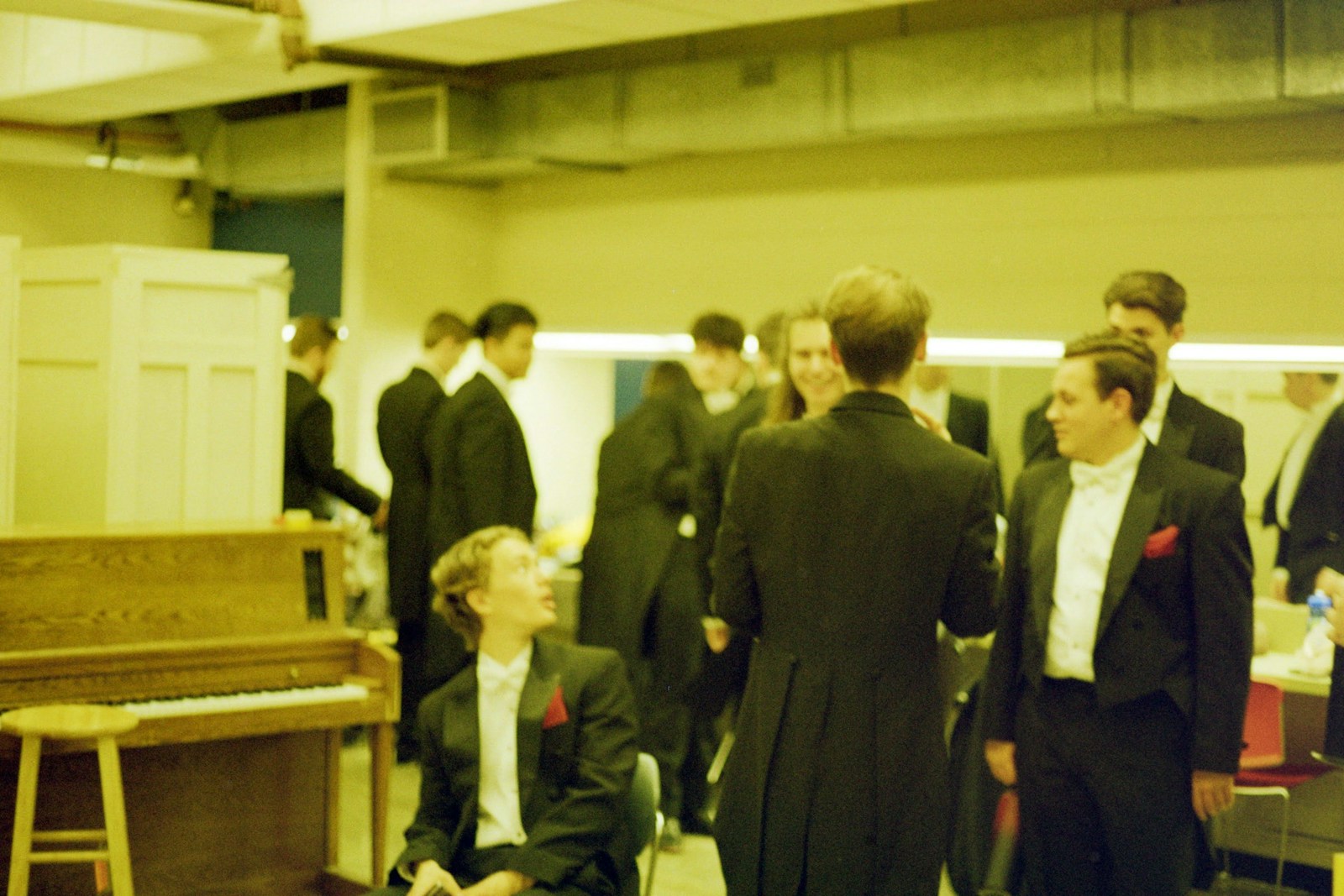Now Reading: How Jury Psychology Influences Verdicts in Serious Injury Cases
-
01
How Jury Psychology Influences Verdicts in Serious Injury Cases

How Jury Psychology Influences Verdicts in Serious Injury Cases
Understanding how jurors think, react, and process evidence can dramatically affect trial strategy. The Paulson Coletti personal injury legal team applies advanced jury psychology techniques to craft arguments that resonate with both logic and emotion. In this piece, we explore how these insights give clients a competitive edge in court.
The Role of Emotions in Jury Decision-Making
Emotional Impact on Juror Perception
In serious injury cases, the emotional responses of jurors can significantly influence their perceptions and, ultimately, the verdicts they reach. Jurors, as human beings, inevitably bring their emotions into the courtroom, which can affect their interpretation of evidence and testimony. Empathy and sympathy are two powerful emotions that can sway a juror’s decision. When jurors hear harrowing accounts of injury and suffering, it can lead to a heightened sense of empathy toward the victim, potentially overshadowing the objective facts of the case.
The Influence of Defendant’s Demeanor
The demeanor of the defendant also plays a crucial role in shaping jurors’ emotional responses. A defendant perceived as remorseful and sincere may evoke sympathetic emotions, leading jurors to favor a more lenient verdict. Conversely, a lack of visible emotion or perceived indifference may trigger negative emotions, such as anger or disdain, prompting jurors to opt for a harsher judgment. The emotional interpretation of a defendant’s demeanor can often outweigh the actual evidence presented.
Managing Emotional Appeals
Attorneys are well aware of the impact emotions have on jurors and often tailor their strategies to appeal to these sentiments. Through emotional storytelling, they craft narratives that resonate with jurors on a deeply personal level. This technique can be particularly effective in influencing juror decision-making, as it provides a way to bridge the gap between cold, hard facts and human experience. However, the challenge lies in ensuring that these emotional appeals do not compromise the fairness and objectivity that the justice system strives to uphold.
How Preconceptions Affect Verdicts
The Role of Preconceptions in Jury Deliberations
In the courtroom, jurors do not enter as blank slates. Every individual carries a tapestry of preconceptions woven from personal experiences, cultural backgrounds, and societal norms. These preconceptions, while often subconscious, can significantly sway the deliberative process. Jurors form beliefs about the credibility of evidence or the character of litigants based on these preconceived notions, which can, in turn, influence their interpretation of the facts presented during a trial.
The Impact of Media and Cultural Narratives
Media consumption and cultural narratives also contribute to the jurors’ preconceptions. Sensationalized media portrayals often shape public perceptions of legal proceedings or the severity of injuries. Jurors who are saturated with dramatic depictions of courtroom scenes may develop unrealistic expectations or skewed perceptions of what constitutes sufficient evidence.
The Impact of Expert Testimony on Jury Psychology
The Role of Expert Testimony in Shaping Perceptions
Expert testimony plays a pivotal role in courtroom proceedings, particularly in cases involving serious injuries. These testimonies are often regarded as the backbone of factual clarification, offering jurors insights that they might not otherwise possess. When experts take the stand, they bring with them a wealth of knowledge and specialized skills, providing a layer of credibility and authority to the case. This can significantly influence how jurors perceive the evidence presented.
Enhancing Credibility Through Specialized Knowledge
Jurors tend to place a high level of trust in expert witnesses due to their specialized knowledge and perceived impartiality. This trust can amplify the weight of expert testimony in their decision-making process. When an expert testifies with clarity and confidence, it enhances their credibility and, by extension, the persuasiveness of the case. The jurors’ confidence in the expert’s assessments can tilt the scales in favor of the argument that aligns with the expert’s conclusions.
Psychological Influence of Expert Authority
The psychological impact of authority cannot be understated in the context of jury deliberations. Experts wield significant influence due to their perceived authority, a phenomenon rooted in social psychology. Jurors often defer to experts’ opinions, especially when faced with complex evidence that challenges their existing knowledge base. This deference can lead jurors to prioritize expert interpretations over their own intuitions or those of less authoritative witnesses.
Final Thoughts
Understanding how jury psychology influences verdicts in serious injury cases provides valuable insight into the intricacies of courtroom dynamics. Recognizing the profound impact of cognitive biases, group dynamics, and emotional responses can empower you to anticipate and effectively address these factors. As you navigate the complexities of the legal system, the guidance of the Paulson Coletti personal injury legal team can enhance your strategic approach, ensuring that justice is served with fairness and precision.










